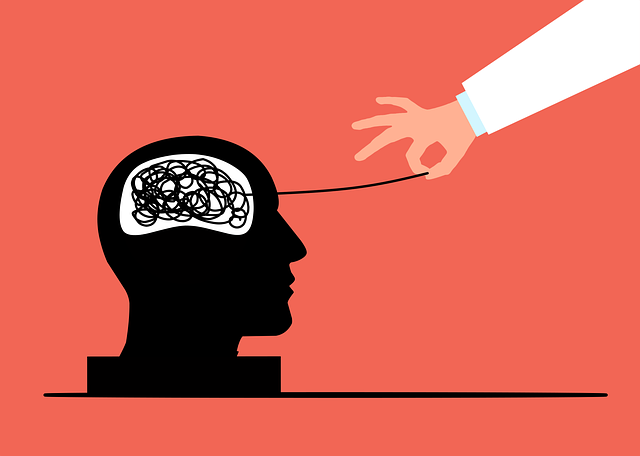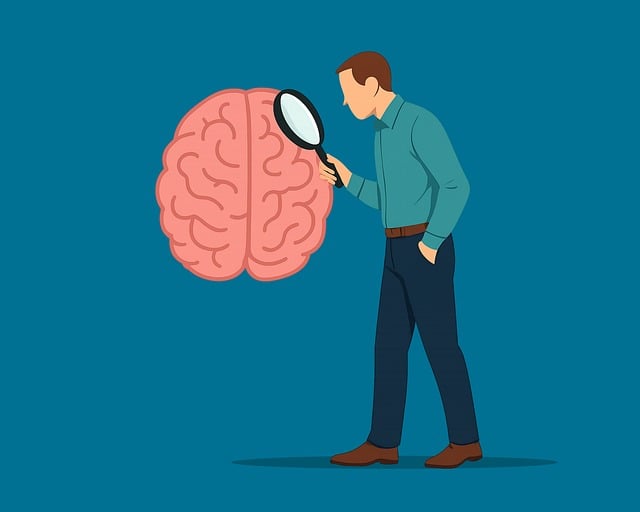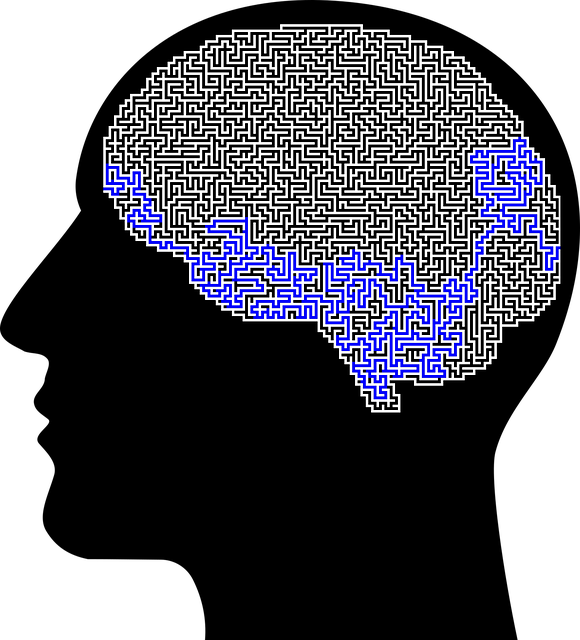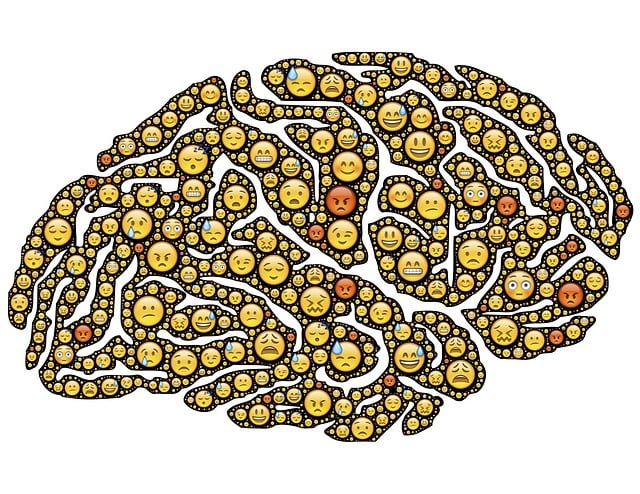Englewood Learning Disability Therapy (ELDT) prioritizes resilience as a cornerstone of mental health for individuals with learning disabilities, utilizing techniques like the RFM model. This framework aids clients in identifying strengths, understanding challenges, and exploring motivators for positive change. ELDT integrates this approach into mental health education programs, fostering self-awareness and empowerment. The RFM assessment method identifies learning disabilities by evaluating memory retention, engagement frequency, and internal motivation, guiding tailored interventions and Mental Wellness Coaching Programs. Customized resilience training programs enhance emotional intelligence, reduce anxiety, and prevent depression, empowering participants to face life's challenges with enhanced resilience and confidence. Regular progress assessments ensure personalized care through data-driven goal setting and strategy adjustments.
“Discover the power of Resilience Building through RFM (Resource, Strengths, and Motivation) exercises. This comprehensive guide explores how Englewood Learning Disability Therapy employs RFM to empower individuals with learning disabilities. By understanding their unique resources and strengths, tailored training programs are designed to foster resilience and improve coping mechanisms. Through practical exercises and continuous progress tracking, this approach ensures strategies remain effective. Learn how Englewood’s method enhances lives, offering a transformative journey towards better mental health outcomes.”
- Understanding RFM and Its Role in Resilience Building
- Identifying Learning Disabilities through RFM Assessment
- Designing Customized Resilience Training Programs
- Implementing Exercises to Enhance Coping Mechanisms
- Tracking Progress and Adjusting Strategies for Better Results
Understanding RFM and Its Role in Resilience Building

Resilience is a critical component of overall mental health and well-being, especially for individuals with learning disabilities. Englewood Learning Disability Therapy (ELDT) recognizes this and employs techniques like the RFM (Strengths, Weaknesses, and Motivational Factors) model to enhance resilience. This approach helps clients identify their unique strengths, understand areas of challenge, and explore motivators that can drive positive change. By focusing on these aspects, ELDT facilitates a process where individuals gain a deeper understanding of themselves, fostering self-awareness and empowerment.
The RFM framework serves as a powerful tool in crisis intervention guidance, enabling therapists to tailor their support based on each client’s specific needs. Integrating this model into mental health education programs design can significantly contribute to Mental Health Awareness, empowering individuals to navigate life’s challenges with enhanced resilience. Through ELDT’s comprehensive approach, clients are equipped with strategies to build emotional fortitude, ensuring they can effectively manage and bounce back from adversity.
Identifying Learning Disabilities through RFM Assessment

The RFM (Recall, Frequency, Motivation) assessment method offers a valuable tool for identifying learning disabilities, providing crucial insights into an individual’s educational and personal challenges. This technique, often employed by Englewood Learning Disability Therapy, delves into a person’s memory retention, the regularity of their engagement in learning activities, and their internal drive to acquire knowledge. By analyzing these factors, therapists can uncover unique patterns that indicate specific learning disabilities, enabling them to tailor interventions accordingly.
Through RFM assessments, individuals gain valuable feedback on their strengths and areas for improvement, fostering self-awareness and motivation for change. Moreover, this method supports the development of Mental Wellness Coaching Programs, as it helps in designing personalized strategies for stress reduction methods. By addressing learning disabilities and promoting mental health awareness, these exercises contribute to a holistic approach to personal growth and resilience building.
Designing Customized Resilience Training Programs

Designing Customized Resilience Training Programs involves understanding each individual’s unique needs and challenges. At Englewood Learning Disability Therapy, we specialize in creating tailored programs that address specific barriers to resilience. Our approach integrates evidence-based practices with innovative techniques to foster emotional intelligence, reduce anxiety relief, and prevent depression.
By evaluating factors such as age, learning style, and personal history, we craft sessions that are engaging and impactful. The programs incorporate interactive activities, group discussions, and skill-building exercises designed to enhance coping mechanisms and promote mental well-being. This personalized approach ensures that participants develop the tools they need to navigate life’s challenges with greater resilience and confidence.
Implementing Exercises to Enhance Coping Mechanisms

Implementing Exercises to Enhance Coping Mechanisms starts with identifying specific areas where individuals struggle. At Englewood Learning Disability Therapy, we focus on tailored Resilience Building exercises that address unique challenges. These exercises aren’t just about managing emotions; they empower individuals with effective Communication Strategies to navigate difficult situations.
Through structured activities, we guide clients towards better Emotional Regulation, teaching them to recognize and manage their feelings effectively. This process fosters a sense of control and equips them with tools to cope with stress, anxiety, or trauma. By integrating these exercises into therapy, we help individuals build resilience, ensuring they have the mental fortitude to overcome life’s challenges.
Tracking Progress and Adjusting Strategies for Better Results

Tracking progress is a crucial aspect of implementing resilience-building exercises, especially for individuals with learning disabilities at Englewood Learning Disability Therapy. Regular assessments help identify areas where strategies are effective and those that need refining. This data-driven approach allows therapists to adjust their methods accordingly, ensuring that each client receives personalized care. By setting measurable goals and evaluating improvements, they can pinpoint specific skills or techniques that require further reinforcement.
Adjusting strategies based on progress is a dynamic process that empowers clients to take ownership of their therapy. It involves modifying exercises, introducing new practices, or adapting existing ones to cater to individual needs. For instance, if mindfulness meditation proves successful in anxiety relief, therapists can integrate it into daily routines while refining other approaches to align with the client’s unique journey and progress towards mastering mind over matter principles.
Englewood Learning Disability Therapy emphasizes the power of RFM (Resilience, Flexibility, and Mastery) in fostering resilience. By understanding an individual’s unique RFM profile through assessment, we can design personalized training programs to strengthen coping mechanisms. Through consistent implementation and tracking progress, these strategies enable better results for navigating life’s challenges. This holistic approach equips individuals with the tools to adapt, grow, and thrive despite learning disabilities or other obstacles they may face.














